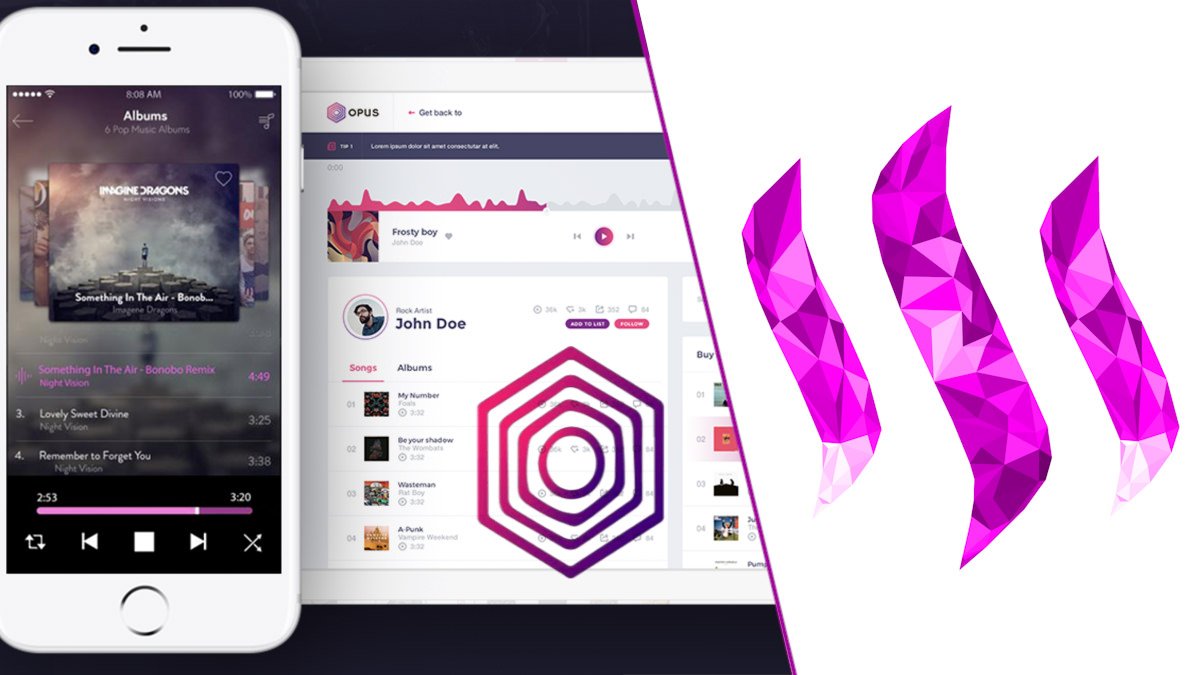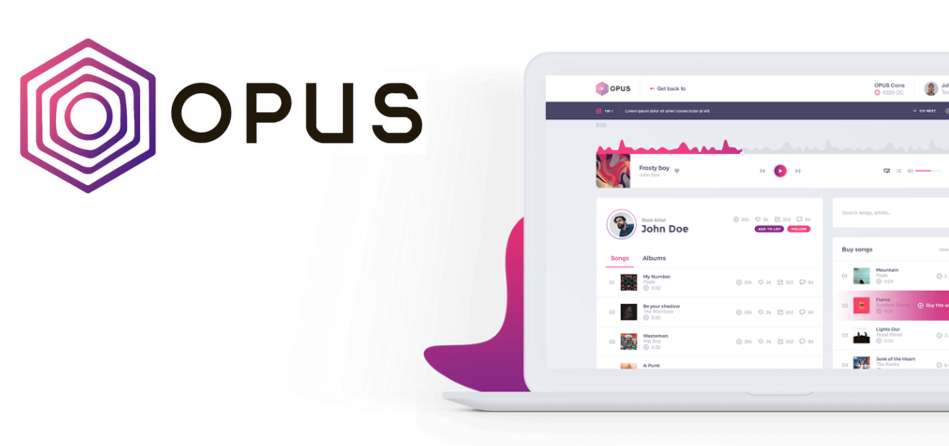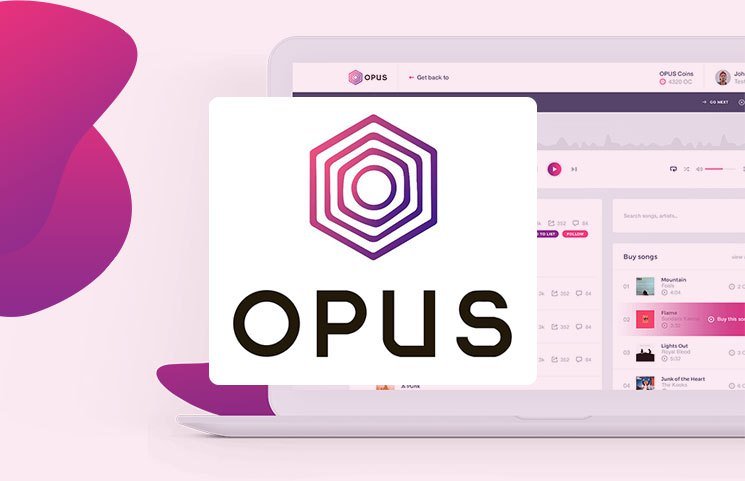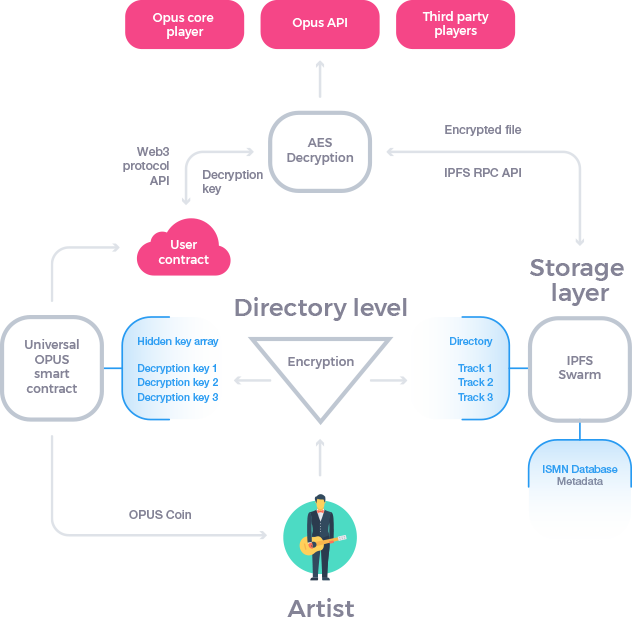
How do you usually listen to music ?
Do you actually buy and download the tracks, do you listen to the radio, to youtube videos, or do you stream?
Streaming platforms are by far the most popular option nowadays - you pay a small monthly fee, usually around $10, and can listen to as much music as you like.
But when you think about it, this can't be profitable for the artists - especially smaller artists that hardly gain any profit from users streaming their music.
The solution: OPUS - world's first decentralized music streaming platform!
The system is powered by Ethereum and IPFS , and gives 100% of the revenue back to the artist.
There is actually a Demo Version available already, with which you can test the service!

Opus offers some key benefits compared to traditional music streaming platforms. These include:
- Transparency:
Due to the nature of blockchain technology, all transactions are visible on the Ethereum blockchain and IPFS swarm. So every artist can see the revenue their music has created, and no label can hide any profits from them.
- Democracy:
At Opus, everyone voice is heard. People can vote on monthly proposals that develop and change the Opus platform.
- Fairness:
The OPUS Foundation doesn't take a cut from the revenue - 97% of the profits are received by the artists (and the rest is for maintenance etc.)
- Censorship Resistance:
Opus is a platform that can't be censored, since it is fully decentralized. This applies even to the IPFS storage layer.
- Cross-platform availability:
Within the OPUS blockchain there's a 3rd-party API based layer which allows anyone to build a local player and program it to access all the available songs on the Opus platform.
How does it work?
Users can purchase the decryption keys to their favorite Opus tracks with the native OPT token.
This way, the music is permanently yours on the decentralized IPFS, no matter what happens.
Artists can also use their OPT's to promote their music indirectly with the artist bounty system. This means that the artist can offer a certain amount of tokens to people who share their work, therefore spreading awareness about them and their music. And the sharer also earns a certain cut of the profits whenever someone else buys a song through his affiliate address.

How does the technology behind it work?
Application layer: This is the top layer where the Opus API interacts with various 3rd party players to decode and deliver music tracks.
Logic layer: This layer, is a system of smart contracts running on the Ethereum blockchain. On this layer, resides the user contract which stores each user’s decryption keys, reference file hashes to the IPFS storage, and the business logic that handles transactions.
Directory layer: While each track has it's permanent IPFS hash, the directory layer is a JSON database that stores all the Hashes of tracks available on the Opus network.
Storage layer: Due to gas constraints, we store all the tracks on the IPFS network. This ensures that songs are available permanently, decentrally and with low latency.

How can you invest in OPUS?
The Opus crowdsale is happening right now - if you want to invest, you can do so right away!
It's running from 24.07.2017 - 21.08.2017, so you have about 2 and a half more weeks to go.
To make your contribution, you simply send ETH tokens to the address displayed - now you're already a part of the Opus system!


© Sirwinchester

